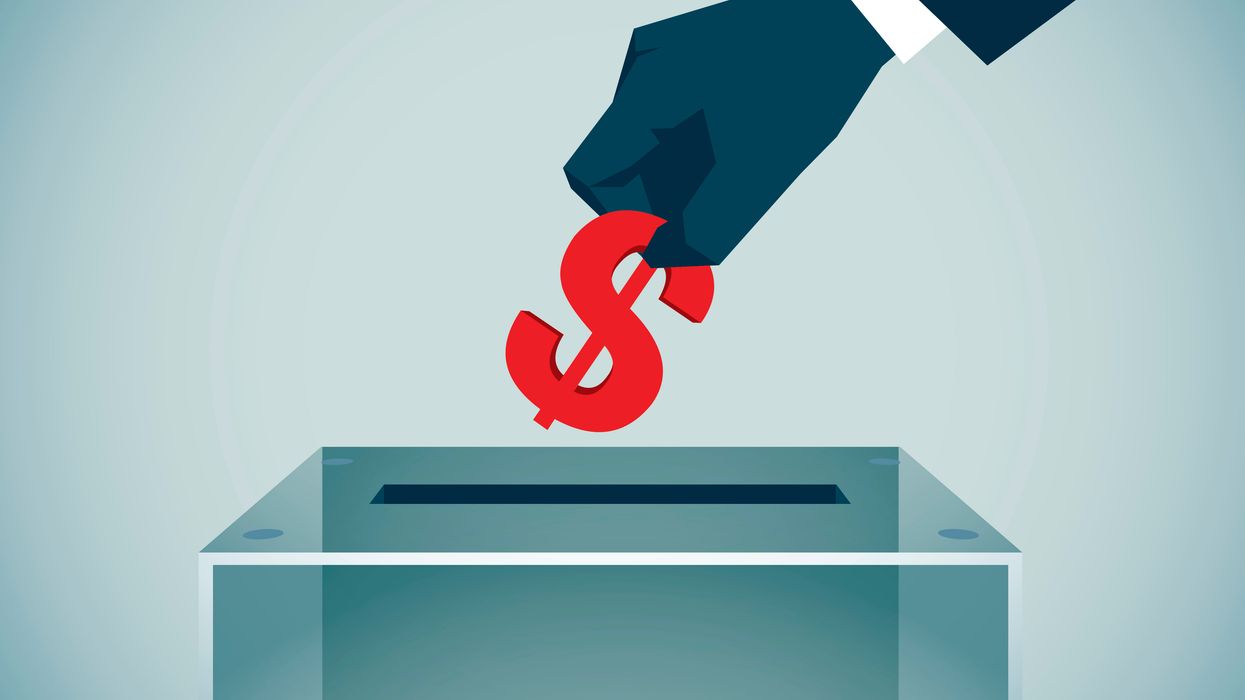The donors behind New Jersey's most politically influential groups will remain a mystery indefinitely after a federal judge hit the pause button on a law that would have outed such "dark money" actors.
Set to go into effect later this month, the law would have required social welfare nonprofits and other nonprofit political organizations to disclose donors that gave more than $10,000 as well as spending related to elections and other political activity that exceeded $3,000. Gov. Phil Murphy, a Democrat, signed the measure into law in June, despite previously vetoing the bill and calling it unconstitutional.
Soon after the governor signed the bill, though, Americans for Prosperity — a libertarian group funded by the Koch family, who would be affected by these new disclosure requirements — sued the state, arguing the law violated the First Amendment and targeted certain groups over others.
Two other nonprofit political advocacy groups, the American Civil Liberties Union and the Illinois Opportunities Project, have also filed lawsuits against the state for similar reasons.
U.S. District Judge Brian Martinotti's decision to delay the law's enactment came as a result of Americans for Prosperity's lawsuit. He granted a preliminary injunction to halt the law's implementation until the lawsuit is resolved.
If allowed to stand, the law would require political nonprofits to start recording donor information on Oct. 15, with the intent to publish the first quarterly reports in January. But with the Martinotti's decision, these reports are on hold.
Supporters of the law had hoped it would shed light on dark money activity ahead of the off-year election this fall, when all 80 seats in the Legislature are on the ballot. In 2017, groups without donor disclosure requirements spent $41 million to influence the state's gubernatorial and legislative elections, according to estimates from New Jersey election officials.




















